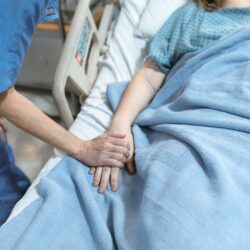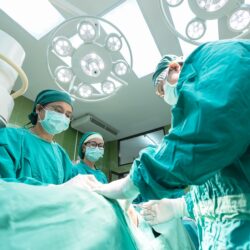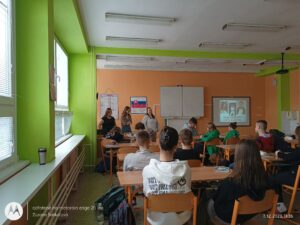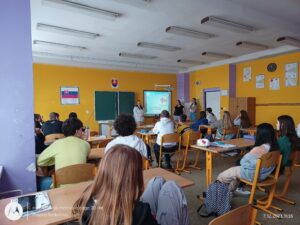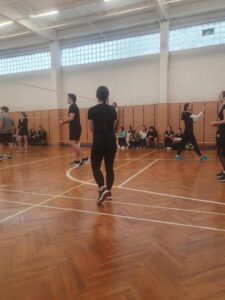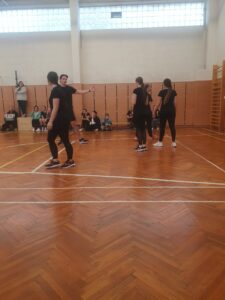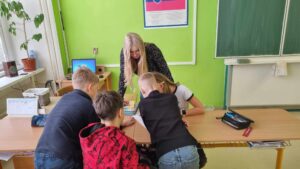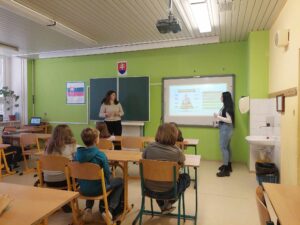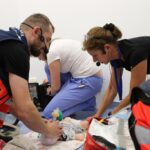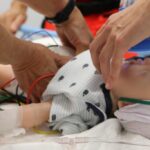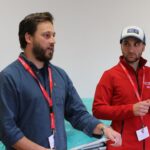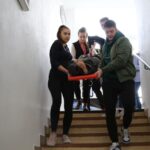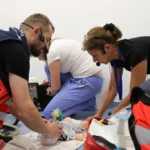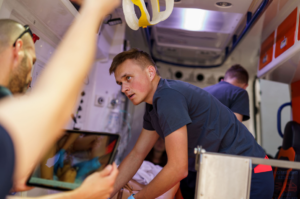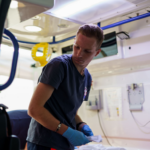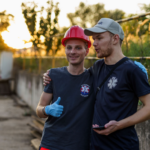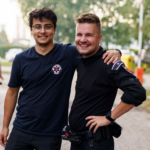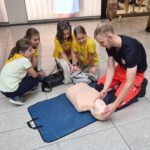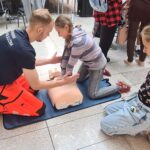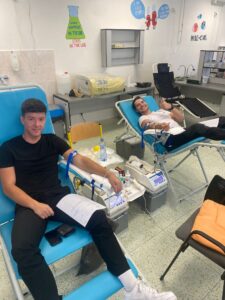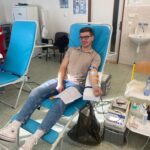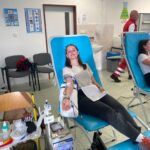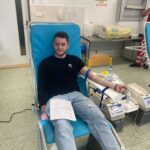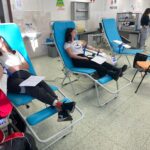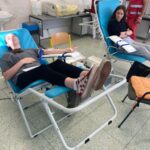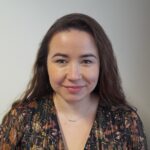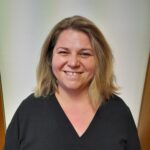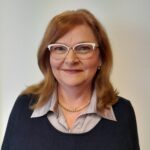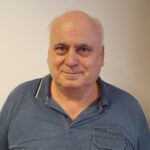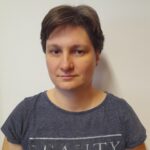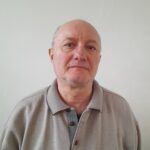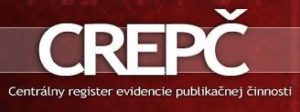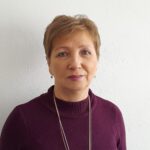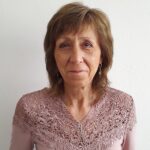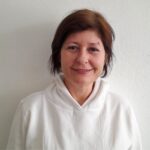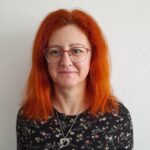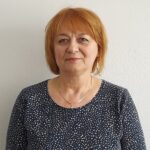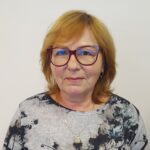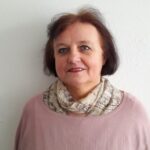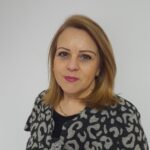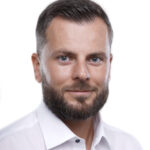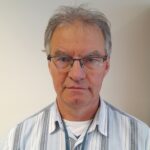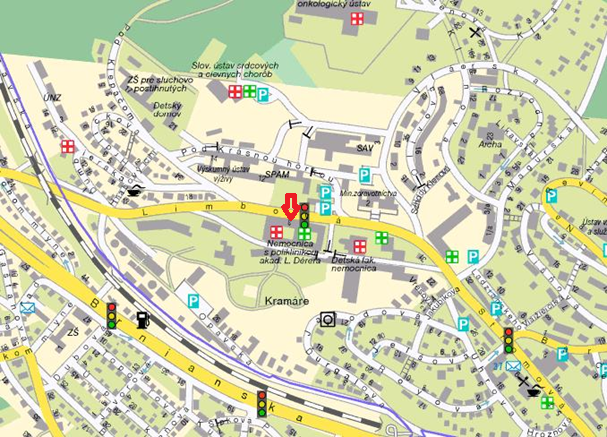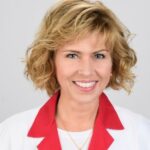STUDY PROGRAMME – 7.1.1. GENERAL MEDICINE
Graduates acquire qualification to practice as a physician
GRADUATE PROFILE
A physician is a qualified medical worker with professional qualification to practice. The qualification consists of second-level higher education in doctoral study programme. The study programme is taken full-time for six years, includes at least 5 500 hours of theoretical and practical instruction, and meets the minimal requirements for study programme content.
Throughout this time, graduates will acquire knowledge in the scientific areas on which medicine is founded.
Apart from a detailed theoretical background, graduates will learn practical expertise and the skills necessary for professional practice in providing medical and preventive health care to persons.
Graduates will acquire knowledge of the morphology and function of organs and organ systems in the healthy human body. Later, they will expand this knowledge to include etiology and clinical symptoms of functional and morphological changes in the infirm human body. Graduates are gradually acquainted with basic examination means in medicine, and both manual and simple technical methods.
After the basic principles of correct personal history procedure have been understood, and basic patient examination under propedeutic clinical disciplines has been taught, graduates will learn that it is necessary to view the human body as a whole, with sensitive, frequent, and often individual reactions to the environment, psychological changes, social factors, and family variables.
With gradual elaboration of their theoretical knowledge and practical experience, graduates expand their spectrum of examination options, based on which they may arrive at their first diagnostic conclusions and treatment suggestions for patients. At the same time, they are aware of the need for differential diagnosis.
As their theoretical knowledge expands, their practical skills improve, and their proficiency in all medical fields related to diagnostic, therapeutic, and preventive medicine increases, graduates learns both basic protocol and the principles of intensive medical aid.
In addition to this, graduates learn medical ethics and psychology, health documentation management, economic relations with health insurance companies, principles of targeted pharmacology, and basic rights and responsibilities of the physician and patient under medical law. Graduates will also learn to use electronic media for self-education, as well as in their day-to-day work as physicians. Moreover, graduates will acquire basic knowledge on the principles of evaluating work inability, the basics of social medicine, the structure of the health care system, and the essentials of scientific research.
Graduates will become familiar with primary, secondary, and tertiary disease prevention, as well as with the rules of prevention of transmitted diseases, and with occupational and environmental hygiene regulations.
Prior to completing their study, graduates will understand that contemporary medicine is founded on far-reaching interdisciplinary cooperation, even outside the scope of medical disciplines. Graduates will learn that modern medicine is founded on the principles of evidence-based medicine. Adequate mastery of at least one international language is a necessary prerequisite for learning new concepts from literature or personal international connections.
The knowledge and skills required of graduates of doctoral study in the study programme 7.1.1 General Medicine is in accordance with European Commission directive No. 93/16/EC for EU Member States, which is recognized by Slovak law.
The curriculum is divided into compulsory, compulsory optional, and optional (voluntary selection) courses. A week may include a maximum of 38 hours of contact learning (direct teaching): lectures, practical lectures, clinical training, mandatory practice, diploma thesis, and state examination. Individual study includes private study, consultations, essay writing, case studies, etc.
includes:
- Clinical training during the curriculum of the semester, as required in the study programme.
- Continuous clinical practice, as defined by the study programme.
All forms of professional practice take place under the direction of a university instructor.
The maximum number of students per instructor during professional practice is 5.
17.1.2024 (prof. MUDr. Mgr. Katarína Gazdíková, PhD., MPH)
